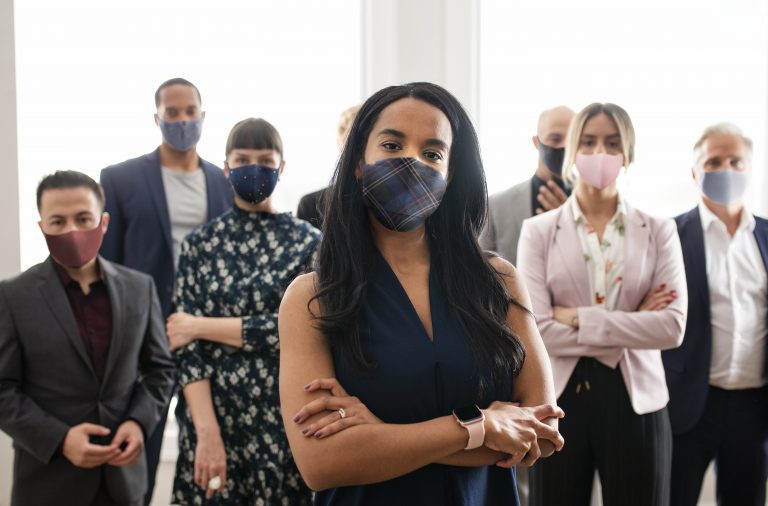Of the more than 1,4-million South Africans who have recovered from Covid-19, some patients have lingering after-effects, a global phenomenon called ‘long Covid’, which needs to be recognised and managed by employers as it impacts overall work performance.
Evidence of long Covid
Globally, one in 22 people who had Covid-19 had symptoms for more than eight weeks. The Lancet journal reports one in 10 people still have symptoms after 10 weeks, leading to a decline in overall health-related quality of life.
Long Covid symptoms include muscle weakness, mood swings, memory loss, brain fog, exhaustion and fatigue. These symptoms affect overall work performance. HR practitioners report seeing it more and more in the workplace.
In South Africa, 63% of people with long Covid complain of muscle weakness and fatigue six months later. Some patients with more severe Covid-19 also had residual respiratory abnormalities as long as six months later.
Primary factors influencing return to work
Physical impacts aside, we also need to address mental health factors such as depression, sleep disorder and anxiety.
For people who were in ICU on ventilators or hospitalised, post-traumatic stress is real and it is a concern. We need to be aware of this when talking to employees.
Often, the employee feels they are not meeting client expectations, which leads to depression. We need to partner with our employees and listen to them. Because post-traumatic stress is not visible, and the person looks healthy, we often miss the signs, which may lead to incapacity in the workplace. Yet the employee struggles to work efficiently, perform tasks like driving and managing finances, and make informed decisions.
Being constantly fatigued is not normal and has an impact on our ability to cope. People return to work too early, fearing they will lose their job. This leads to presenteeism – people working while they are sick, but are they really concentrating on their tasks?
Interventions
HR and line managers need to acknowledge the reality of long Covid. Honour the experiences of your people, understand what they are going through, and don’t push their concerns aside.
Telephonic and virtual support is beneficial in discussing symptoms, their impact on productivity, required accommodations and follow-ups with treating doctors. HR professionals need to understand the individual’s residual impairments – what they can and cannot do. Find out their job demands and requirements, how stressful their job is, and if the person will be able to meet their deadlines.
How to support
Make sure early interventions and monitoring are in place. Employers are advised to adopt a holistic approach for their employees in terms of:
- addressing occupational health issues,
- absenteeism and incapacity management, a return-to-work strategy through work accommodations and graded return to work
as well as offering employee assistance support programmes,
Be patient, celebrating small wins that the employee achieves. Maintain clear, honest open communication which can aid in overcoming concerns for both managers and employees.
Long Covid is affecting young, previously healthy adults and we need to ensure that we get this vital part of our workforce back into the workplace, productively. We don’t know what tomorrow brings, but employers and HR practitioners need to have policies in place to manage the situation correctly.
Myrna Sachs is the Head of Alexander Forbes Health Management Solutions.












